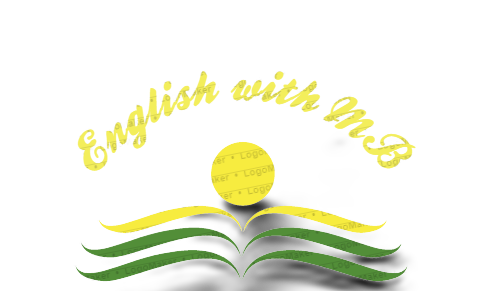It’s essential to learn what a verb is. After we get the hang of what a is a verb then we move toward the types of verbs. There are a lot of types of verbs. Here in this post, we will dive deep into Transitive and Intransitive verbs. I hope you will be able to clear every doubt about Transitive and Intransitive Verbs. Read this post, and then make your sentences. Do a lot of practice. I’m pretty sure after doing this you would say I got a hang of Transitive and Intransitive Verbs.
happy learning!
THE VERB
A Verb is a word that tells or asserts something about a person or thing. The verb comes from the Latin verb, a word. It is so-called because it is the most important word in a sentence. A Verb may tell us-
(1) What a person or thing does; as,
Hari laughs.
The clock strikes.
(2) What is done to a person or thing; as,
Hari is scolded.
The window is broken.
(3) What a person or thing is; as,
The cat is dead.
Glass is brittle.
I feel sorry.
A Verb is a word used to tell or assert something about some person or thing. A Verb often consists of more than one word; such as:
Examples:
- The girls were singing.
- I have learned my lesson.
- The watch has been found.
Definition Of Transitive and Intransitive Verbs
Transitive Verb
A Transitive Verb is a Verb that denotes an action that passes over from the doer or Subject to an object.
- The boy kicks the football.
In this sentence, the action denoted by the verb (kicks) passes over from the doer or subject (boy) to some Object (football). The verb kicks is, therefore, called a transitive Verb. (Transitive means passing over.)
Intransitive Verb
An Intransitive Verb is a Verb that denotes an action that does not pass over to an object, or which expresses a state of being; as
- The boy laughs loudly.
- He ran a long distance. (Action)
- The baby sleeps. (State)
- There is a flaw in this diamond. (Being)
In the first sentence, The action denoted by the verb (laughs) stops with the doer or Subject (boy) and does not pass over to an Object, The verb (laughs) is, therefore, called an Intransitive. (Intransitive means not passing over.)
Examples of Transitive and Intransitive Verbs
Here are some examples related to transitive verbs and intransitive verbs. read them again and again and then make your own sentences. Check them how the verb is transitive and how it is intransitive. This will solve the problem that you’re facing in transitive and intransitive verbs.
Transitive Verb
1. The ants fought the wasps.
2. The shot sank the ship.
3. Ring the bell, Rama.
4. The driver stopped the train.
5. He spoke the truth.
6. The horse kicked the man.
7. I feel a severe pain in my head.
Intransitive Verb
1. Some ants fight very fiercely.
2. The ship sank rapidly.
3. The bell rang loudly.
4. The train stopped suddenly
5. He spoke haughtily.
6. This horse never kicks.
7. How do you feel?






When I originally commented I clicked the “Notify me when new comments are added” checkbox and now each time a comment is added I get three emails with the same comment. Is there any way you can remove me from that service? Thank you!
Its like you read my mind! You seem to know so much about this, like you wrote the book in it or something. I think that you could do with some pics to drive the message home a little bit, but instead of that, this is magnificent blog. A great read. I will certainly be back.
Thank you for writing this post. I like the subject too.